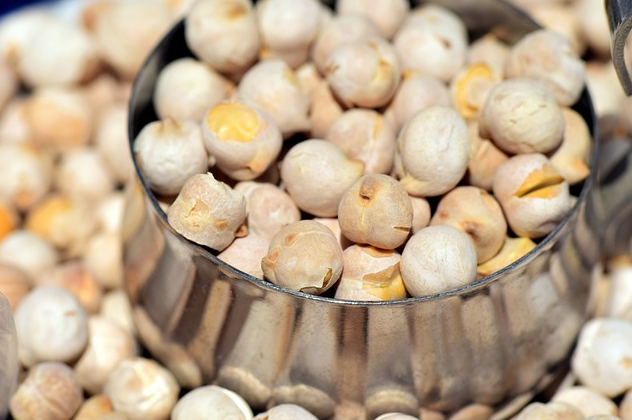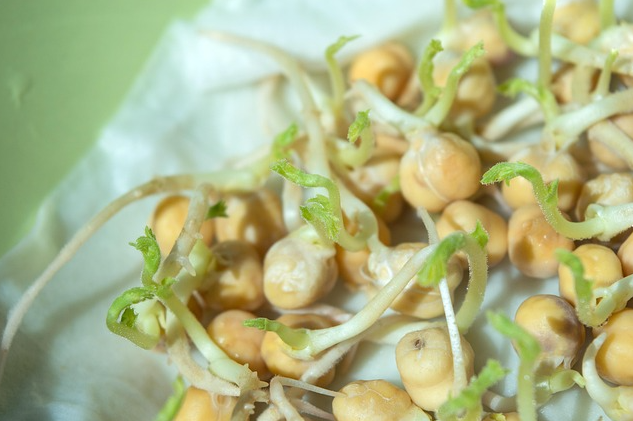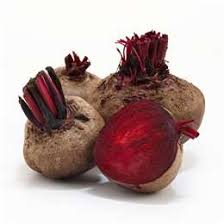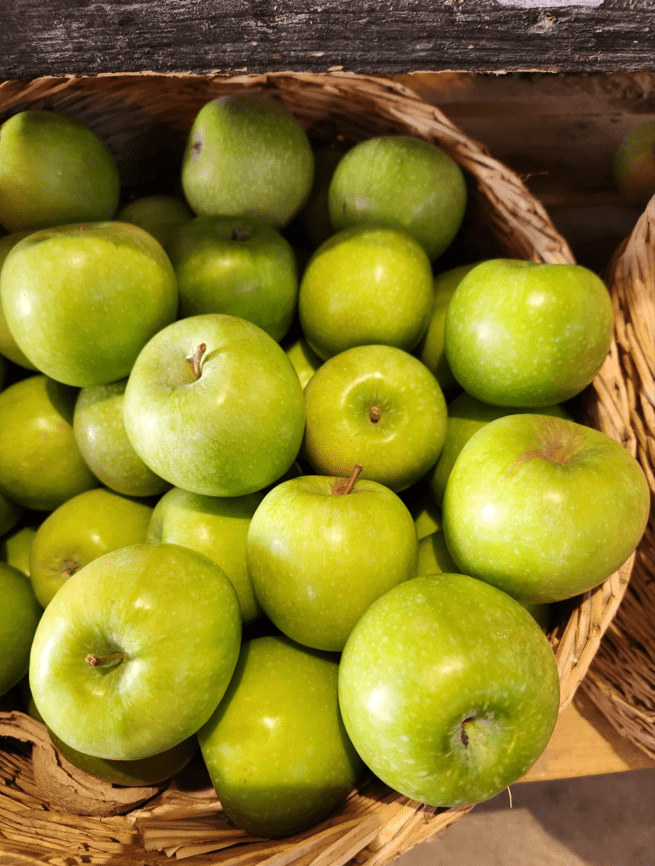This isn't the first time (and certainly won't be the last) that chickpeas are featured in our blog. We're talking about a plant with quite a pedigree, domesticated over 4,000 years ago, likely right here in our neighborhood.
Everyone knows their importance in Arab, Egyptian, and Levantine cuisine. Some chickpea dishes that have become flagship dishes in these cuisines, like msabbaha or mashawsha, are familiar and cherished by every Israeli. But chickpeas didn't arrive here with the Arab conquest – the Canaanites who lived here probably knew them, as did the ancient Jews.
The most memorable echo of this is Boaz's first date with Ruth the Moabite, when he invites her for lunch saying, "At mealtime come here, and eat of the bread, and dip your morsel in the chometz." Yes, 'chometz' is 'hummus' (the 'tz' became 's', but the etymology in this case is clear and undisputed).

Now that we've remembered that chickpeas are our heritage and that we're dealing with a protein and energy-rich legume that played a crucial role in the region's nutritional security throughout generations, we can also address its problematic aspects. Chickpeas are a nutritional treasure, but one that challenges and strains our digestive system.
That's why it's common to soak chickpeas (and other legumes) in water for a long time before cooking, and why chickpeas are traditionally cooked for extended periods. Does this help? Not really.
Hummus enthusiasts share various cooking methods to minimize the effect, but it's still challenging. Why am I telling you this? Because there's one method that definitely works – using sprouted chickpeas. Why?
Well, as we know, the main part consumed in chickpeas are the chickpea seeds. For us, chickpea seeds are a treasure trove of protein and energy; for the chickpea, it's something much more important – it's the next generation of chickpea plants and its reason for existence.
Because chickpeas evolved in our hot neighborhood, where rain is rare and seeds only sprout and develop under suitable conditions, nature ensured that chickpea seeds can remain dry for long periods without spoiling. For us humans, this is a wonderful trait.
Unlike most fruits and vegetables that oxidize (start to rot) within hours or days of harvest, chickpea seeds can be stored for many months and relied upon even when fresh food isn't available.
The thing is, this seed-drying trick comes at a cost. Part of the ability to fix the seed in a stable, dry state is related to its sugars becoming more complex in structure.

These sugars are harder to break down in this state, which is why our digestive system struggles with them. However, when the environment is moist and wet, and the seed absorbs liquid, a mechanism kicks in that awakens it and it begins to sprout.
As part of the sprouting process, the acids protecting the sugars break down, and they arrive in a less complex state that's much easier to digest. Therefore, sprouted chickpeas are a wonderful way to consume chickpeas (in various ways – hummus, ground, in stews, falafel, etc.) with far fewer side effects.
Sprouting chickpeas isn't complicated (you'll find plenty of YouTube videos explaining how to sprout chickpeas), but let's be honest, do you have the energy and time to sprout chickpeas? Exactly. Instead of sprouting chickpeas yourself, just add sprouted chickpeas to your order that you can use right away, and problem solved. Of course, these are organic chickpeas that in this case come from 'Udi's Sprouts', an organic farmer who specializes in sprouts and sprouted products.









